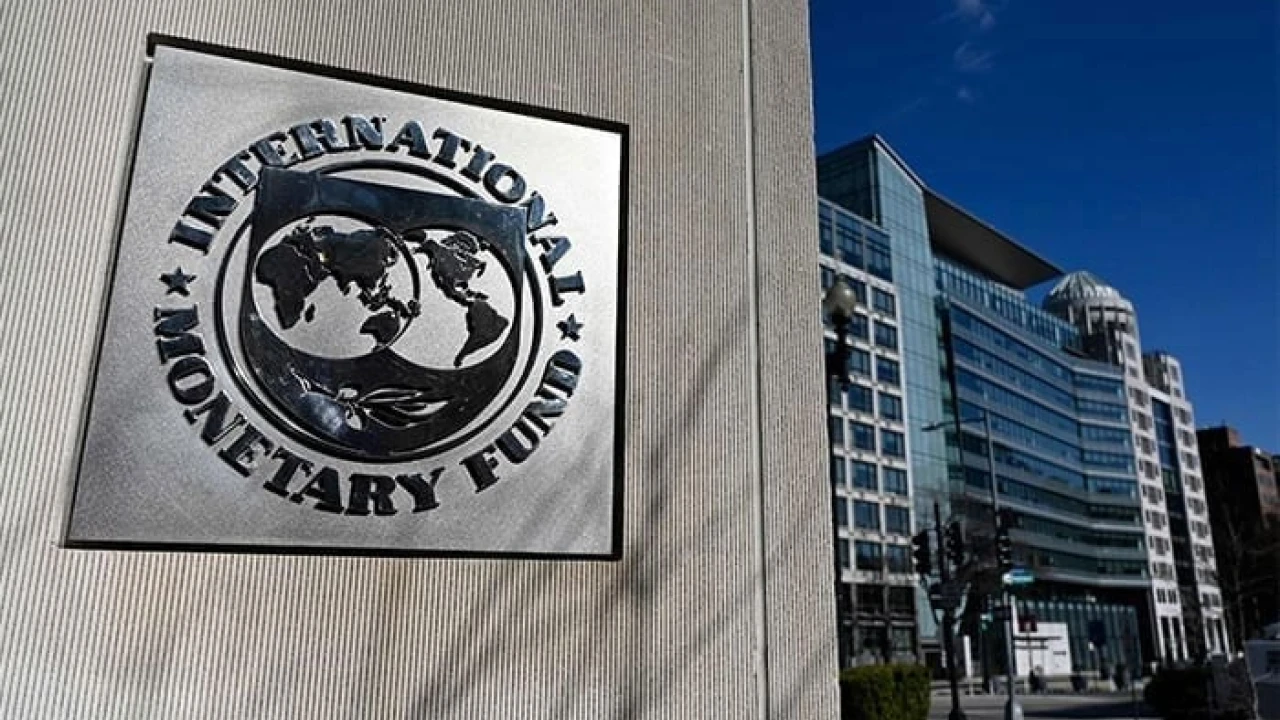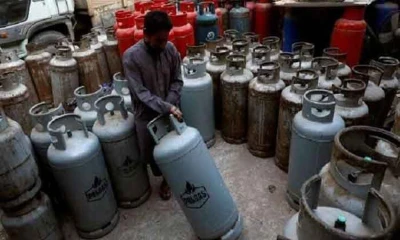Business
IMF to approve Govt's plans for revolving credit, electricity tariffs
It is important to mention here that the fixed components will be reduced from Rs50 to Rs450 per month after withdrawal of compensation to domestic consumers.

Islamabad: The International Monetary Fund (IMF) will approve government’s plans to reduce the revolving debt and make electricity rates reasonable and affordable till February 15.
According to the details, the top officials are hopeful that the IMF will approve the plans to reduce the revolving credits. However, the IMF’s officials have raised questions on the caretaker government's strategy regarding the power tariff.
Therefore, after receiving the statistical data the approval from IMF is expected till February 15. IMF has also asked power tariff data from Power Information Technology Company (PITC).
Moreover, there was no negative side shown by the IMF in the discussion on the two projects. The caretaker government answered all the questions asked by the IMF and also provided some additional data for decisions.
On the other hand, amid the plan to popularize electricity rates the subsidy of 222 billion Rs for consumers will be withdrawn and the power tariff for industrial consumers will be reduced from 8.85 cents to 11.75 cents per unit. The fixed charge component will be increased for unsecured electricity consumers who consume less than 400 units of electricity per month.
Officials stated that Pakistan's economy cannot flourish without an increase in exports, so it is necessary to rationalize the electricity tariff because with the price of 14 cents per unit of electricity, the products of India, Bangladesh and Vietnam are being sold in the international markets.
It is important to mention here that the fixed components will be reduced from Rs50 to Rs450 per month after withdrawal of compensation to domestic consumers.
-

 Business 1 day ago
Business 1 day agoGeneral Motors lays off about 1,000 workers to compete in a crowded automobile market
-

 Sports 2 days ago
Sports 2 days agoIndian Kabaddi team not allowed to visit Pakistan
-

 Crime 2 days ago
Crime 2 days agoTwo kids killed as device explodes in N. Waziristan
-

 Pakistan 2 days ago
Pakistan 2 days agoNawaz Sharif claims country on right direction
-

 Technology 1 day ago
Technology 1 day agoNew ‘Draft’ feature in WhatsApp
-

 Regional 1 day ago
Regional 1 day agoPPP wins 8 seats in Karachi by-elections
-

 Pakistan 2 days ago
Pakistan 2 days agoBilawal blames PML-N of not fulfilling political agreements
-

 Business 2 days ago
Business 2 days agoLPG price crosses Rs350 per kg






























